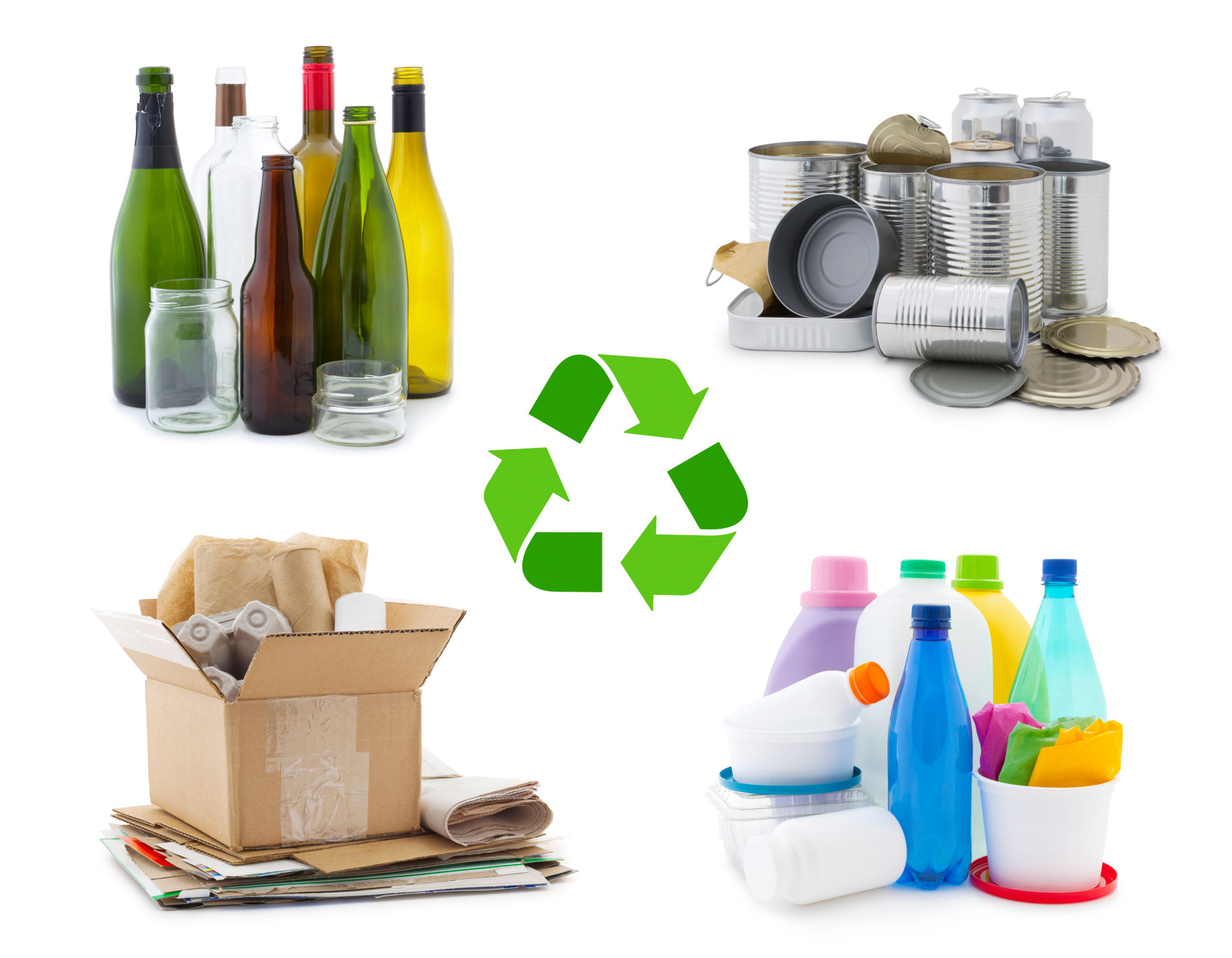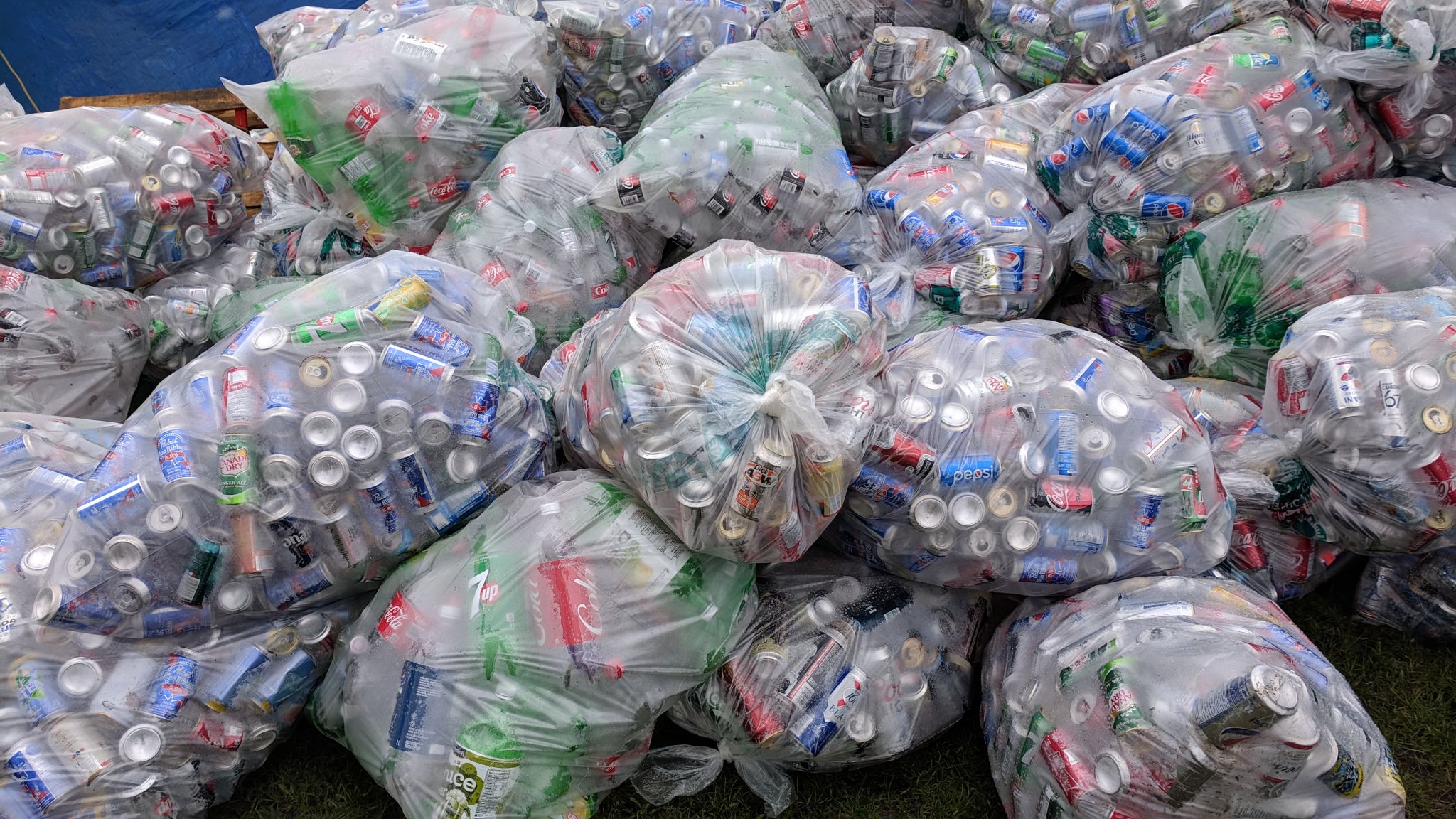Debunking Myths About Cooking Oil Recycling
Understanding the Basics of Cooking Oil Recycling
Cooking oil recycling is a process that transforms used cooking oil into useful products like biodiesel. Unfortunately, a plethora of myths surrounds this environmentally friendly practice, often deterring individuals and businesses from participating. By debunking these myths, we can better appreciate the benefits of recycling cooking oil.
At its core, cooking oil recycling is about sustainability. Instead of discarding used oil, which can harm the environment and clog plumbing systems, recycling helps in reducing waste and promoting cleaner energy. Yet, misconceptions persist, leading many to overlook this eco-friendly option.

Myth 1: All Cooking Oils Are the Same
One common myth is that all cooking oils are created equal when it comes to recycling. In reality, different oils have varying properties and recycling potentials. Oils such as vegetable, canola, and olive oil can be effectively recycled, whereas others may not yield the same benefits.
Understanding the type of oil you use is essential in determining its suitability for recycling. Not all oils are processed the same way, and recycling companies often have specific guidelines to maximize efficiency.
Myth 2: Recycling Cooking Oil is Complicated
Another misconception is that recycling cooking oil is a complex and time-consuming process. In truth, many communities and businesses have streamlined systems in place to make it easy for households and restaurants to recycle their used oil. Some local waste management services even offer curbside pickup or designated drop-off points.

Recycling cooking oil generally involves collecting the used oil in a container and delivering it to a recycling center. The process is straightforward and often requires minimal effort from the individual or business.
Myth 3: Recycled Cooking Oil Can't be Used for Anything Valuable
A prevalent myth is that recycled cooking oil has limited applications. However, recycled oil is a valuable resource that can be converted into biodiesel—a renewable fuel source that reduces greenhouse gas emissions. Additionally, it can be used in animal feed, soap production, and even cosmetics.
The versatility of recycled cooking oil underscores its importance as a sustainable resource. By participating in recycling efforts, individuals contribute to a variety of industries that benefit from this renewable material.

The Environmental and Economic Benefits
Beyond its direct applications, recycling cooking oil offers substantial environmental and economic benefits. Environmentally, it prevents oil from entering landfills and water systems, where it can cause significant damage. Economically, it supports industries like biodiesel production, which can lead to job creation and energy independence.
Organizations that recycle cooking oil often benefit from reduced disposal costs and may even receive compensation for their contributions. This creates a win-win situation where both the environment and the economy thrive.
Getting Involved in Cooking Oil Recycling
For those interested in getting involved with cooking oil recycling, the first step is to identify local resources and services that facilitate the process. Many areas have convenient options available to make participation easy and rewarding.

Whether you're an individual home cook or a large-scale restaurant owner, understanding the truth behind these myths can empower you to make informed decisions about how you dispose of used cooking oil. By choosing to recycle, you're playing a part in creating a more sustainable future.